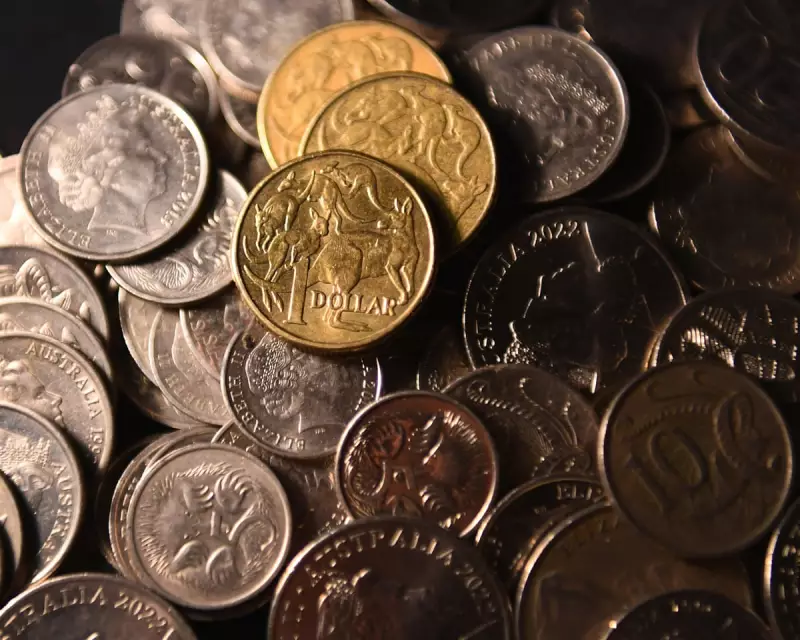
In a concerning turn for households, Australia's inflation rate has climbed to 3.8% in the year to October, up from 3.6% the previous month. This increase dampens hopes for imminent interest rate relief and places further pressure on family budgets already straining under the weight of the cost of living crisis.
Energy Prices Fuel Inflation Surge
The latest data from the Australian Bureau of Statistics reveals a significant driver behind the inflation uptick: a staggering 37% increase in electricity prices over the past year. Officials noted this surge largely reflects the conclusion of various state government power bill rebates, leaving consumers to face the full market cost.
This release marks a milestone as the ABS's first 'complete' monthly consumer price index, a development set to eventually replace the traditional quarterly figure. The numbers confirm an unwelcome resurgence of price pressures that has not only curtailed expectations for Reserve Bank interest rate cuts but has also raised the possibility that the next move could be an increase.
Government Considers Further Relief
With cost of living remaining the dominant issue for voters, Treasurer Jim Chalmers has signalled a potential policy shift. Despite previously stating that the upcoming mid-year budget would contain no major announcements, he has now opened the door to extending household energy bill relief.
Chalmers stated the government would decide 'in the next few weeks' whether to continue the subsidies beyond their scheduled expiry at the end of this year. He emphasised the importance of the existing electricity bill relief, stating, 'It is taking some of the edge off power prices for families and pensioners and people in our communities right around Australia.'
While repeating that such rebates 'won't be a permanent feature of the budget', the Treasurer's comments indicate a willingness to provide further temporary support. This comes as the Coalition intensifies its criticism of the government's handling of energy costs during parliamentary question time.
Political and Economic Ramifications
The political landscape surrounding the issue remains complex. Opposition Leader Sussan Ley repeatedly avoided clarifying whether the Coalition supports extending the power bill subsidies, highlighting the contentious nature of the policy.
The underlying inflation figure, which excludes volatile items like electricity, also rose from 3.2% in September to 3.3% in the year to October. This broader measure suggests persistent price pressures across the economy.
With the mid-year budget expected around 17 December, all eyes will be on the government's next move as it balances fiscal responsibility with the urgent need to address the cost of living pressures affecting millions of Australians.





